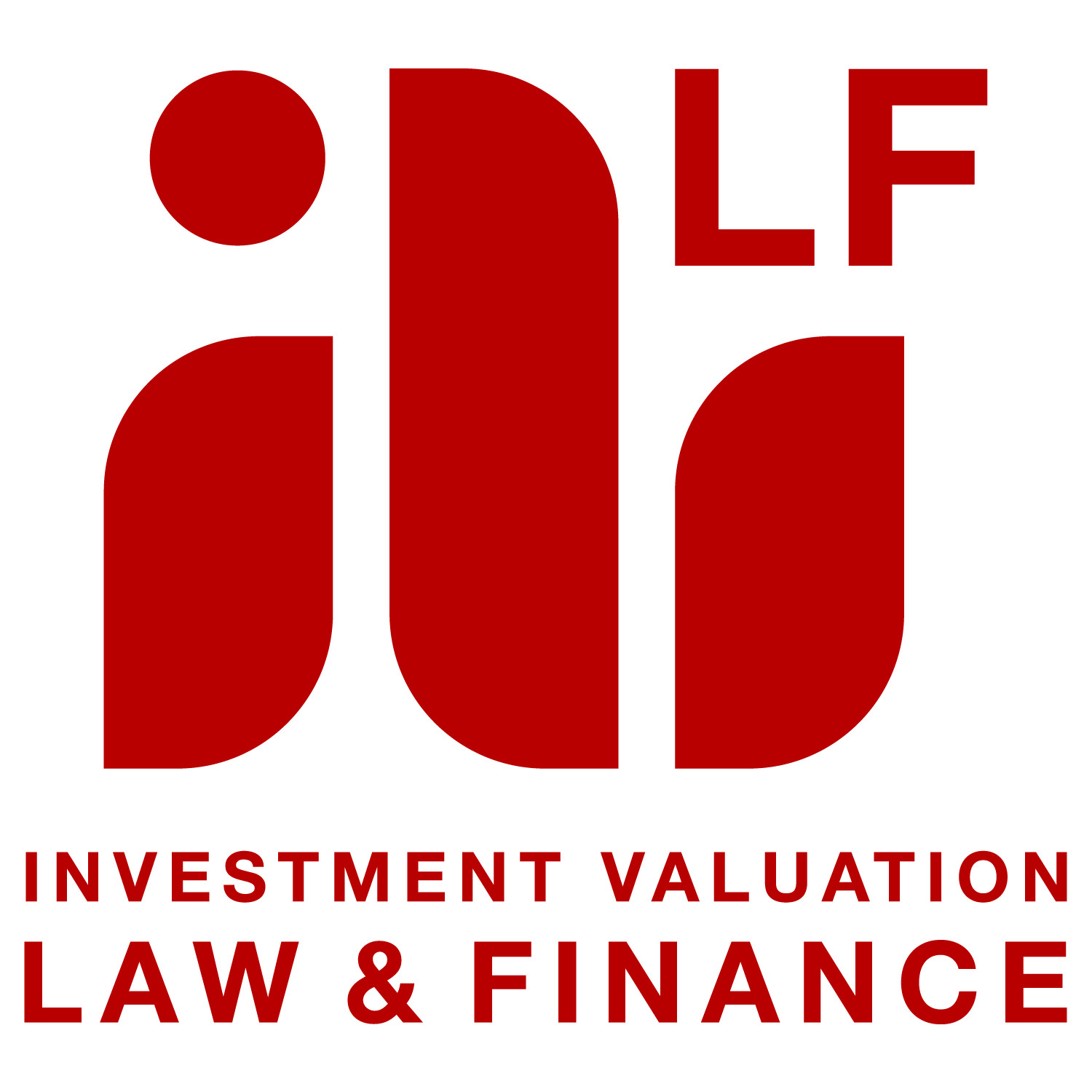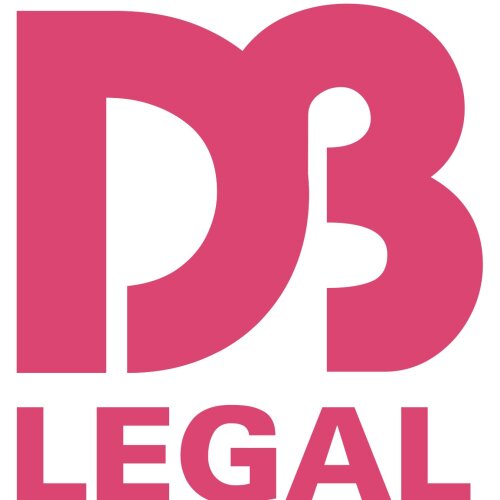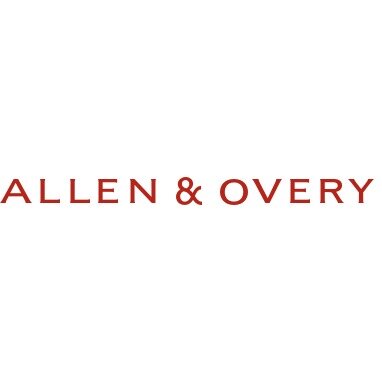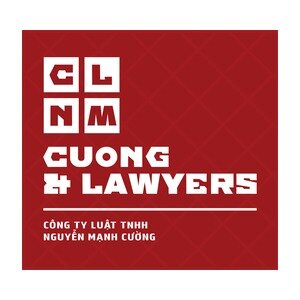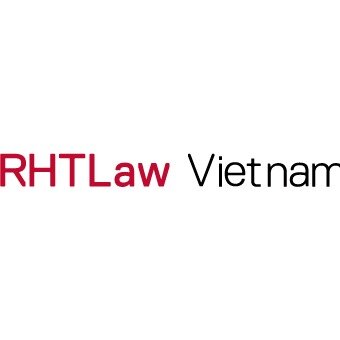Best Renewable & Alternative Energy Lawyers in Hanoi
Share your needs with us, get contacted by law firms.
Free. Takes 2 min.
List of the best lawyers in Hanoi, Vietnam
About Renewable & Alternative Energy Law in Hanoi, Vietnam
Renewable and alternative energy is a rapidly developing field in Hanoi, Vietnam. The Vietnamese government has set ambitious targets to increase the share of clean energy in the national power mix, supporting wind, solar, biomass, and hydropower projects. Hanoi, as the political and economic center of the country, plays a crucial role in implementing these policies. The legal framework for renewable energy is evolving to keep up with technology and investment trends. It includes a variety of regulations, incentive programs, and environmental protection requirements, all designed to encourage sustainable energy development while managing challenges such as land use, grid connectivity, and compliance with safety standards.
Why You May Need a Lawyer
There are many situations where legal guidance is essential in the renewable and alternative energy sector in Hanoi:
- Setting up a renewable energy project, including joint ventures and foreign direct investment.
- Navigating government approval, licensing, or permitting processes for energy production and distribution.
- Understanding and negotiating power purchase agreements.
- Complying with environmental laws and impact assessments.
- Dealing with land rights or land acquisition for project sites.
- Protecting intellectual property related to clean energy technology.
- Resolving disputes with contractors, government agencies, or third-party stakeholders.
- Accessing government incentives or feed-in tariffs.
- Responding to policy or regulatory changes affecting project development or operations.
A lawyer with experience in renewable and alternative energy law can help you avoid costly mistakes, ensure compliance, and protect your investment.
Local Laws Overview
Key laws and regulations impacting renewable and alternative energy in Hanoi include:
- Law on Electricity - Sets the legal basis for electric power development, including renewable energy generation, grid access, and tariffs.
- Law on Investment - Governs domestic and foreign investment activities, offering incentives to renewable energy projects.
- Law on Environmental Protection - Requires environmental impact assessments for energy projects and establishes emission and waste management standards.
- Feed-in Tariff (FiT) Policies - Regulate the prices paid for electricity generated from renewable sources, with new projects subject to changing FiT rates as set by the Ministry of Industry and Trade.
- Land Laws - Determine rights for leasing, acquiring, or transferring land for project use, including compensation and relocation policies.
- Grid Connection Regulations - Address technical standards and procedures for connecting renewable energy projects to the national grid operated by EVN (Electricity of Vietnam).
Regulations can be updated frequently to respond to market, environmental, and technological developments. It is important to stay current with local requirements and seek legal expertise when entering into agreements or commencing projects.
Frequently Asked Questions
What types of renewable and alternative energy are most common in Hanoi, Vietnam?
Solar power, wind power, hydropower, biomass, and waste-to-energy are the most common forms of renewable energy promoted in and around Hanoi.
Can foreign investors participate in renewable energy projects in Hanoi?
Yes, foreign investors are permitted to participate in renewable energy projects. There are guidelines and incentives in the Law on Investment, but certain legal processes and approvals must be followed.
What approvals are needed for starting a renewable energy project?
You typically need an investment registration certificate, enterprise registration certificate, environmental impact assessment approval, land use or lease rights, and permits for grid connection and power sales agreements.
Are there incentives for renewable energy development?
The government offers various incentives such as preferential tax rates, exemptions on import duties for equipment, land use fee reductions, and feed-in tariffs for renewable energy projects that meet specific requirements.
What is a Power Purchase Agreement (PPA) in Vietnam?
A PPA is a legal contract between the renewable energy producer and Vietnam Electricity (EVN), specifying the terms of energy sales, pricing, duration, and grid connection obligations.
Is an environmental impact assessment required for renewable energy projects?
Yes, most large-scale energy projects are required to obtain environmental impact assessment approval before proceeding, as mandated by the Law on Environmental Protection.
How is land acquisition handled for renewable energy projects?
Land acquisition follows the rules set by the Land Law, which include public consultation, compensation for landholders, and sometimes relocation. Legal assistance is advised for negotiating and formalizing land use rights.
What are the key challenges in renewable energy project development in Hanoi?
Common challenges include navigating the complex permitting process, meeting grid connection requirements, accessing investment capital, and managing land-use issues.
Can individuals install rooftop solar and sell electricity to the grid?
Yes, rooftop solar systems are increasingly popular, and individuals can sell surplus electricity to EVN, though adherence to technical and contractual requirements is necessary.
How can disputes in the renewable energy sector be resolved?
Disputes may be settled through negotiation, mediation, arbitration, or court proceedings, depending on the contract terms and the nature of the dispute. Legal counsel can advise on the most appropriate dispute resolution method.
Additional Resources
For further information or official guidance, consider these organizations and agencies:
- Ministry of Industry and Trade (MOIT) - The main governmental body overseeing energy policy and regulation
- Vietnam Electricity (EVN) - The national grid operator and power purchaser
- Hanoi Department of Industry and Trade - Local agency responsible for permitting and project monitoring
- Ministry of Natural Resources and Environment - Agency overseeing environmental assessments and land management
- Vietnam Business Forum - Renewable and Clean Energy Working Group
- Vietnam Energy Association - Non-governmental industry association
- Local and international law firms specializing in energy law and investment
Next Steps
If you need legal assistance in the field of renewable and alternative energy in Hanoi, Vietnam, start by identifying your specific needs, whether it is project development, investment, regulatory compliance, or dispute resolution. Prepare all relevant documents related to your project or concern for review. Consider contacting a lawyer or law firm with expertise in Vietnamese energy law and experience with renewable energy projects. They can provide detailed analysis, assist with negotiations, handle the submission of applications, and represent your interests before authorities or in dispute resolution. Staying informed and proactive will help you navigate this dynamic legal landscape with confidence.
Lawzana helps you find the best lawyers and law firms in Hanoi through a curated and pre-screened list of qualified legal professionals. Our platform offers rankings and detailed profiles of attorneys and law firms, allowing you to compare based on practice areas, including Renewable & Alternative Energy, experience, and client feedback.
Each profile includes a description of the firm's areas of practice, client reviews, team members and partners, year of establishment, spoken languages, office locations, contact information, social media presence, and any published articles or resources. Most firms on our platform speak English and are experienced in both local and international legal matters.
Get a quote from top-rated law firms in Hanoi, Vietnam — quickly, securely, and without unnecessary hassle.
Disclaimer:
The information provided on this page is for general informational purposes only and does not constitute legal advice. While we strive to ensure the accuracy and relevance of the content, legal information may change over time, and interpretations of the law can vary. You should always consult with a qualified legal professional for advice specific to your situation.
We disclaim all liability for actions taken or not taken based on the content of this page. If you believe any information is incorrect or outdated, please contact us, and we will review and update it where appropriate.




